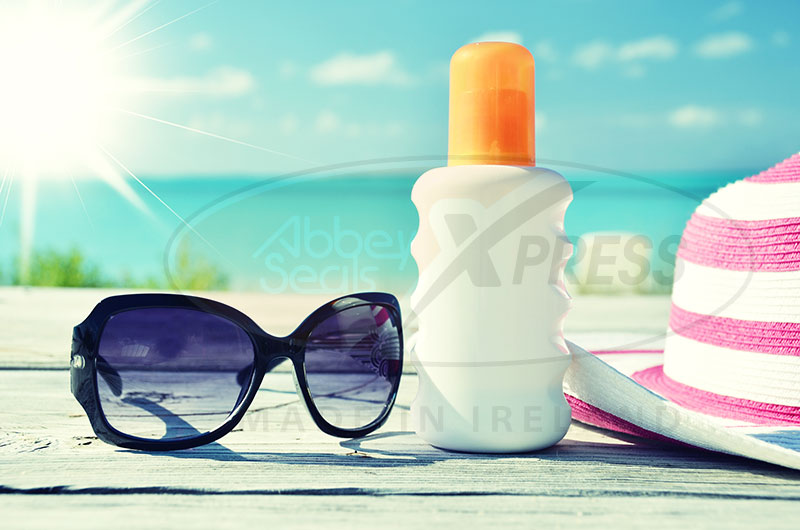UV exposure on materials
UV exposure on materials
UV exposure on materials
29 May 2023

NR - Natural Rubber
Good abrasion and low temperature resistance but not resistant to oils, fuels or UV exposure.
- Temperature range: -60°C to +75°C
- Hardness shore A: 50°C to 80°C
EPDM
Excellent resistance to UV but not compatible with oils or fuels.
- Temperature range: -50°C to +130°C
- Hardness shore A: 50°C to 80°C
CR Neoprene
Exceptional resistance to UV. Good flame retardation qualities too.
- Temperature range: -40°C to +95°C
- Hardness shore A: 50°C to 80°C
NBR Nitrile
Acrylonitrilebutadiene Rubber
Not suitable for prolonged exposure to UV but exceptional resistance to oils and good resistance to fuels.
- Temperature range: -20°C to +100°C
- Hardness shore A: 50°C to 80°C
PVC
Excellent chemical resistance and usually has an additive applied for increased UV protection (PVC UV). Not to be confused with PVCU or uPVC which just means PVC unplasticised, or rigid PVC.
- Temperature range: -20°C to +40°C
TBR - Thermoplastic Rubber
Excellent UV and temperature properties. Reasonable resistance to oils and fuels.
- Temperature range: -20°C to +60°C
SI - Silicone
Excellent resistance to UV, oils and chemicals. Little resistance to fuels.
- Temperature range: -60°C to +200°C
- Hardness shore A: 30°C to +70°C
SBR - Styrene Butadiene Rubber
Resistance to wear and abrasion but not recommended for contacts where oils, fuels or UV are likely.
- Temperature range: -55°C to +85°C
- Hardness shore A: 60°C to +70°C
FPM (Viton™)
Excellent all round resistance to high temperature, chemicals, oils, fuels and UV.
- Temperature range: -20°C to +200°C
- Hardness shore A: 70°C to 80°C
POLYURETHANE - PU
Not recommended for applications where there is UV exposure.
- Temperature range: -30°C to +85°C
-
Post tags
